Across Africa, politics doesn’t just shape nations — it often shapes bank accounts. While many leaders live modestly, quietly serving their people, others have quietly (or not-so-quietly) built fortunes that could rival global billionaires. Their stories? Wildly different. Some were business moguls before stepping into office. Others saw their wealth explode after taking power. A few inherited empires — political and financial — from their fathers.
Let’s meet the five richest sitting presidents in Africa in 2025 — where their money comes from, why it matters, and what it says about power on the continent.
1. Teodoro Obiang Nguema Mbasogo — Equatorial Guinea
💰 Estimated Net Worth: ~$600 million
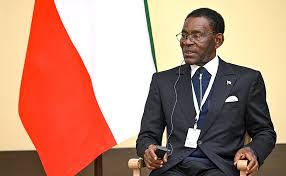
He’s been president since 1979. Let that sink in — most of his citizens weren’t even born when he took office.
Equatorial Guinea was poor until oil hit big in the ‘90s. Overnight, this tiny Central African nation became swimming in black gold. But while schools and hospitals stayed underfunded, Obiang’s family started buying mansions in Paris and Malibu, collecting luxury cars, and jet-setting around the world.
Obiang says his wealth comes from “legitimate investments.” International investigators? Not so sure. Either way, four decades in power + an oil boom = one of Africa’s richest men.
2. Ali Bongo Ondimba — Gabon
💰 Estimated Net Worth: ~$1 billion
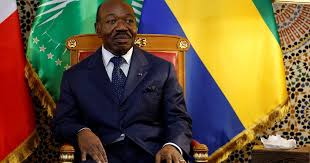
Meet Africa’s only presidential son who also had a music career. Seriously — Ali Bongo once released an album called “I Am the Future.” (Spoiler: He was right.)
His dad, Omar Bongo, ruled Gabon for 42 years and turned the country’s oil riches into a family fortune. When Ali took over in 2009, he didn’t just inherit the presidency — he inherited portfolios, properties, and power.
Even after being briefly ousted in a 2023 coup, the Bongos’ grip on wealth hasn’t loosened. Think luxury apartments in France, stakes in energy companies, and investments stretching across Europe. Dynastic rule? More like dynastic banking.
3. Paul Kagame — Rwanda
💰 Estimated Net Worth: ~$500 million
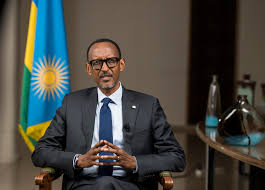
Love him or question him, you can’t ignore what Kagame’s done. After the genocide, he rebuilt Rwanda from ashes into one of Africa’s most efficient, tech-savvy economies.
But here’s the twist: while preaching transparency and discipline, Kagame’s ruling party quietly built a business empire — banks, mines, telecoms — through a party-owned conglomerate. He rarely talks personal finances, but analysts estimate half a billion dollars tied to those ventures.
Supporters say his wealth is proof of smart governance. Critics ask: Who really owns Rwanda Inc.? Either way, Kagame’s story shows how political control can double as economic strategy.
4. Cyril Ramaphosa — South Africa
💰 Estimated Net Worth: ~$450 million
Ramaphosa is the rare leader who was already rich before becoming president — like, boardroom-and-yacht-club rich.
A hero of the anti-apartheid movement, he later pivoted to business and crushed it. Founded Shanduka Group. Owned chunks of mining companies, telecoms, and — yes — South Africa’s biggest McDonald’s franchise. (The man knows golden arches and golden opportunities.)
When he became president in 2018, he put his assets in a blind trust to avoid conflicts. Smart move. But let’s be real — decades of savvy deals don’t just vanish. His story is the ultimate “from activist to billionaire” arc.
5. William Ruto — Kenya
💰 Estimated Net Worth: ~$400–600 million
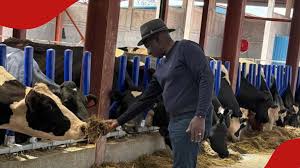
Ruto calls himself the “hustler-in-chief.” And honestly? It fits.
He started selling chickens by the roadside. Now? He owns massive farms, luxury hotels, insurance firms, and prime real estate across Kenya. His rise from hustler to head of state is the stuff of legend — and campaign posters.
Supporters see him as living proof that grit pays off. Critics? They raise eyebrows at how fast his wealth ballooned during his time in government. Still, no one denies his ambition — or his balance sheet.
So… How’d They Get So Rich?
Look closer, and patterns emerge:
🛢️ Oil is king (or president). Obiang and Bongo? Their fortunes ride on barrels of crude.
💼 Business first, politics second. Ramaphosa and Ruto built empires before stepping into State House.
👑 Dynasties don’t just rule — they bank. The Bongos show how power + time = generational wealth.
🏛️ State power = business power. Kagame proves parties can run countries and corporations.
The Big Question: Is It Wrong to Be Rich and Powerful?
This is where things get spicy.
Some say: “If a leader’s already rich, maybe they won’t steal from the treasury.” Fair point.
Others fire back: “But what if their wealth came from the treasury — or contracts, monopolies, and laws they wrote themselves?”
Watchdogs like Transparency International warn: Unexplained wealth = eroded trust. Citizens want roads and clinics, not private jets and villas in the south of France.
Final Thought: What This Says About Africa’s Future
These five men aren’t just politicians — they’re symbols.
Of opportunity. Of inequality. Of ambition. Of opacity.
Africa’s rising generation is watching — and demanding better. More accountability. Clearer lines between public service and private gain. Maybe even term limits.
For now, these presidents sit atop both thrones and treasure chests. But history has a way of balancing books — financial and moral alike.
One thing’s certain: In Africa, the intersection of wealth and power isn’t just fascinating.
It’s everything.
Who do you think will top this list in 2030? Place your bets. 😏
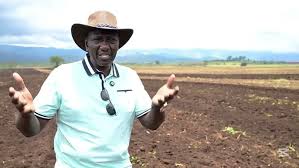

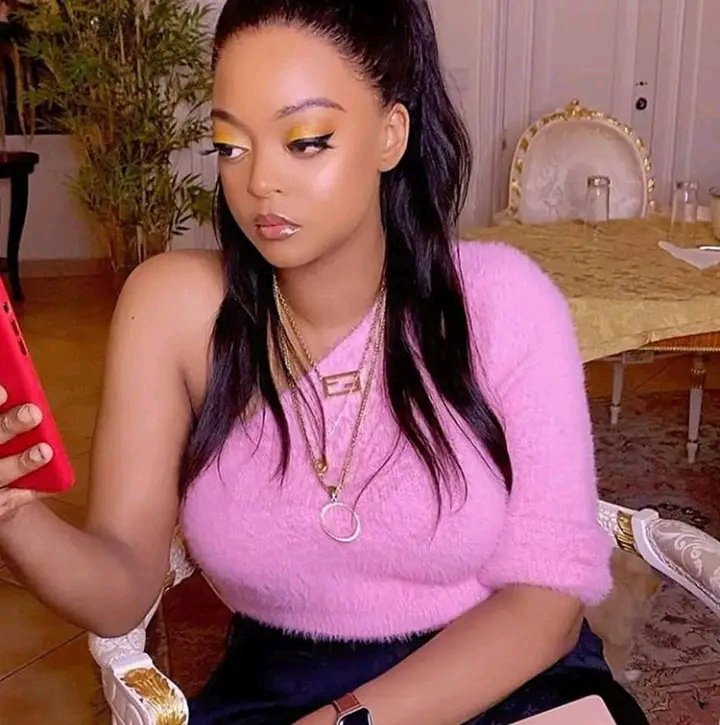
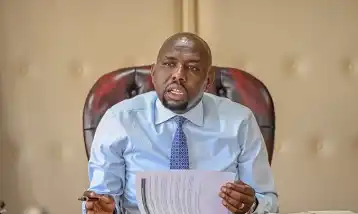
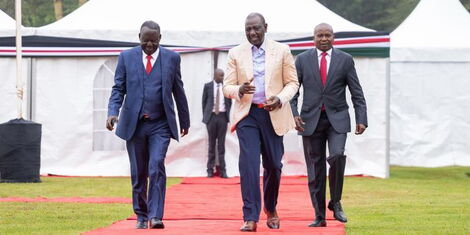
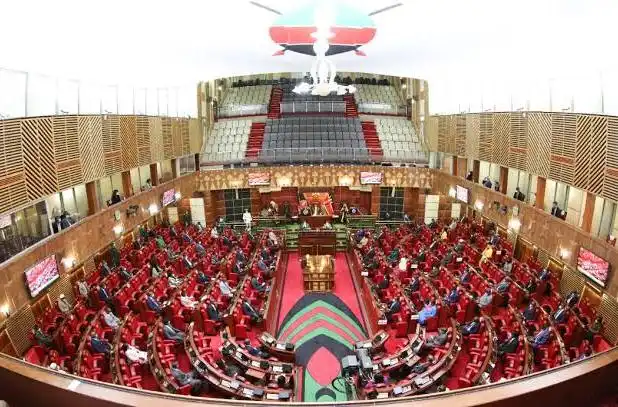
Comments (0)